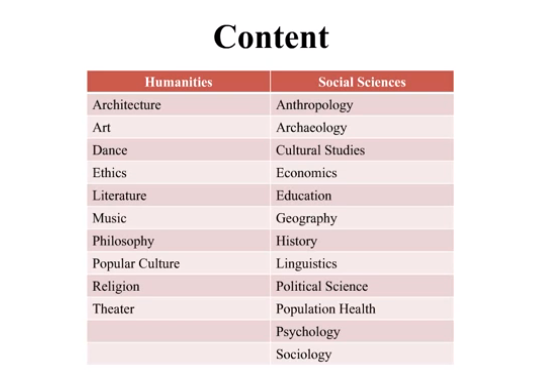Hey! How’s studying for the MCAT going? Great? Just all right? Let’s take a minute to talk about motivation. The Medical College Admissions Test is no easy feat and the many (necessary) hours preparing for it can be grueling. The feeling of burning out is a common occurrence for many Pre-Meds and can really throw you off track of your path to MCAT domination. When test day arrives, it basically comes down to which Stark you want to be: Tony Stark aka Iron Man aka the badass that walks away from the explosion without looking OR Jon Snow aka the Stark bastard from Game of Thrones aka the guy that knows nothing.

Stark Option One: Tony Stark.

Stark Option Two: Jon Snow.
Let’s get down to business…to defeat the Huns? No. The MCAT! So when motivation wanes, what can you do? (Besides listen to awesome motivation songs like that one!)
Here are a few strategies for motivation and keeping yourself on track:
– Stop & Take a Practice Test: If you’re in the middle of a studying block and suddenly hit a brick wall: Take full timed practice test. Your score just might give you the kick in the rear to knock you back into focus. With MCAT Cracker you’ll even pin point exact weak spots in your preparation thus far.
– Change it up: A swift change in the subject you’re studying or change in normal study location can revive your spirits and give you boost in motivation! But don’t change too often be sure you’re sticking to the 50/10 rule…
– Be strict with yourself: The 50/10 rule of studying really does work! That’s 50minutes of straight focus studying then a 10minute break to refresh your brain! Do it. Discipline. “There are no short cuts to any place worth going.”
– Turn off everything: Echoing the last tip, be hard on yourself and put all things you don’t need to study away, really. It may seem harmless to leave open Facebook open in a tab or have your phone lying there beside you but come test time these things won’t be there. You want to your studying environment to emulate that of the test day. So put away all distractions and save them for your breaks!
So study study study and practice practice practice (3x for emphasis) because when test day comes, you’re definitely going to need the confidence of Tony Stark not Jon Snow.

Lesson Learned: Be Iron Man.


